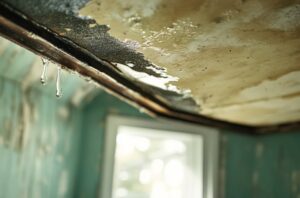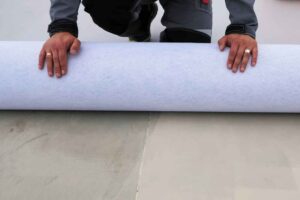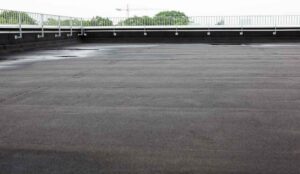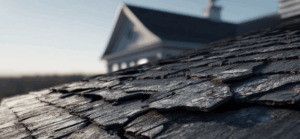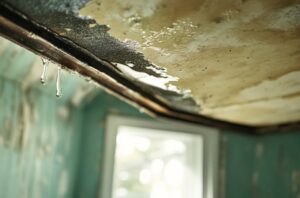You’re here because something feels…off in your home. Maybe your energy bill just keeps climbing, or your upstairs feels like a sauna in July and an icebox in January. Maybe you’ve even peeked into your attic and thought, “What is going on up here?”
You’re not alone. One of the most overlooked—but most impactful—elements of your home’s comfort and energy efficiency lives right above your ceiling: the attic insulation.
In this guide, we’ll talk about attic insulation lifespan, how to recognize insulation replacement signs, and how proper insulation impacts attic energy efficiency and overall insulation durability—especially in homes around Overland Park. So, whether you’re building, upgrading, or just trying to stop the drafts, this blog is for you.
Why Your Attic Insulation Matters
It’s Not Just About Staying Warm
Insulation is more than just a fluffy buffer between you and the roof. It’s your home’s thermal armor. It keeps hot air in during winter and blocks it out during the summer. And it does a lot of heavy lifting when it comes to managing your energy bills.
Over time, though, even the best insulation breaks down. It settles. It collects moisture. It gets chewed on by critters who clearly didn’t get the memo that this isn’t their house. When that happens, your energy efficiency drops and your utility bills rise.
That’s why knowing how long insulation lasts—and when it’s time to do something about it—is crucial.
So, How Long Does Insulation Last?
General Lifespan Estimates by Material
The attic insulation lifespan depends heavily on the material used, the quality of the installation, and the environment inside your attic.
Here’s a rough breakdown of typical lifespan expectations:
- Fiberglass Batt Insulation: 15 to 20 years (can last longer if dry and undisturbed)
- Blown-in Cellulose: 20 to 30 years, though performance can degrade in as little as 15 if exposed to moisture
- Spray Foam Insulation: 30 to 80 years, depending on conditions
- Mineral Wool: 30+ years, with high durability and fire resistance
It’s important to note that these numbers assume ideal conditions. If your attic has moisture issues, pest infestations, or poor ventilation, even the most durable insulation won’t last its full projected life.
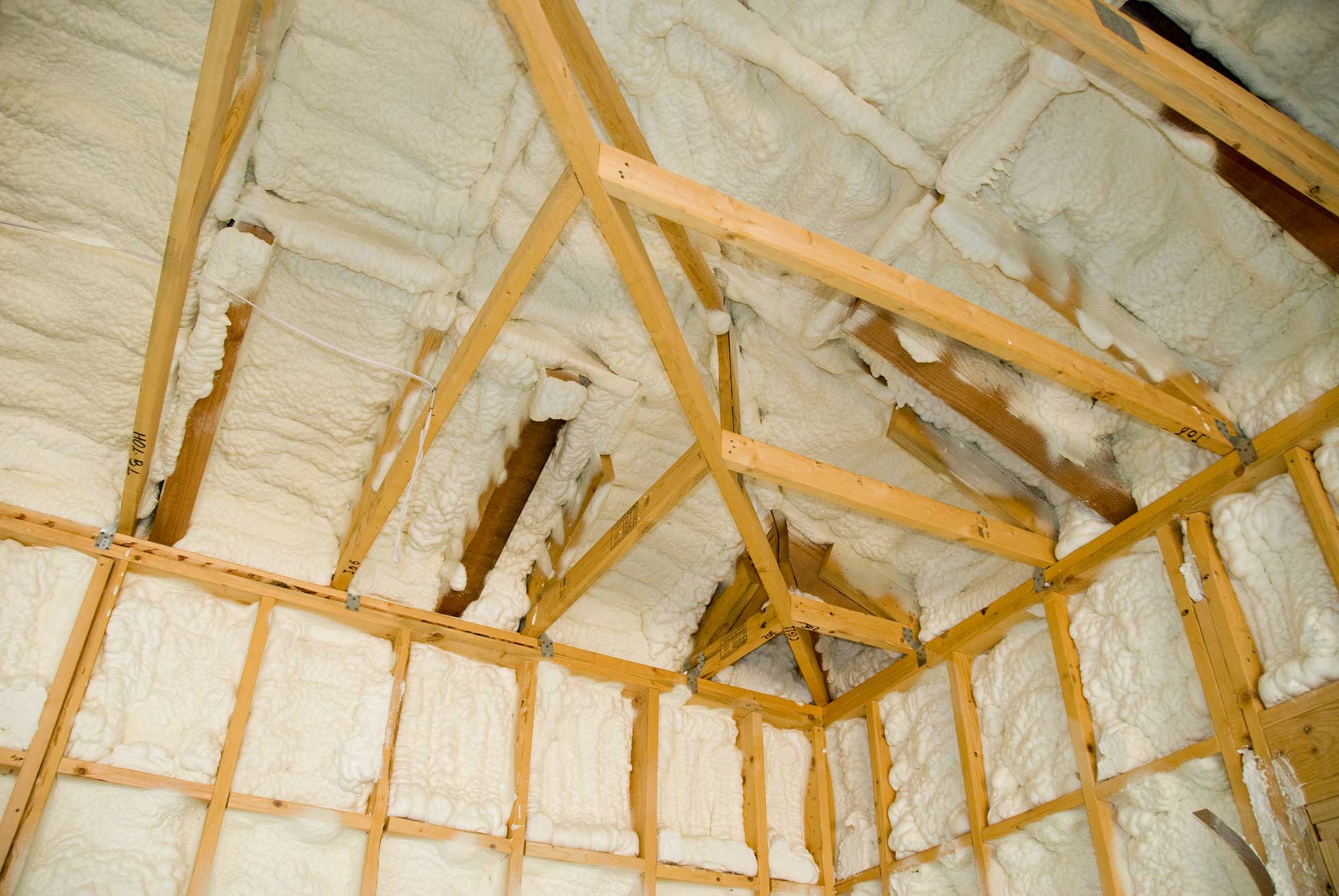
Insulation Replacement Signs to Watch For
If Your Attic Could Talk, Here’s What It Would Say
Now that we’ve covered how long insulation lasts, let’s get into how you can tell when it’s time for a change. You don’t need to be an expert—you just need to know what to look for.
1. Rising Energy Bills
This is the number one red flag. If your heating and cooling costs keep going up but nothing else has changed in your home, your insulation could be failing to do its job.
2. Uneven Temperatures
Do you dread going upstairs in the summer or throw on two hoodies just to get through winter nights in your bedroom? Insulation that’s lost its effectiveness can’t regulate temperature evenly throughout the house.
3. Drafts or Cold Spots
Insulation acts like a blanket for your house. If you start to notice chilly drafts or warm spots—especially around attic access points—that blanket might be wearing thin.
4. Visible Damage or Settling
If you’re brave enough to poke your head into the attic and see sagging, matted, or visibly thinned insulation, it’s likely time for a replacement. Dampness, mold, or signs of pests are a definite “get this checked out now.”
5. Old Age
If your insulation was installed before smartphones were a thing, chances are it’s not performing like it used to. Don’t wait for bigger problems—age alone is a solid reason to schedule an evaluation.
The Role of Attic Insulation in Energy Efficiency
Save Energy, Save Money
When your insulation is doing its job, you don’t notice it. That’s kind of the point. But when it’s not? You’ll feel it in every room and every monthly utility bill.
Well-installed, modern insulation boosts attic energy efficiency by:
- Reducing heat transfer
- Lowering HVAC workload
- Keeping indoor temperatures stable
- Improving overall home comfort
The result? A home that costs less to run and feels better to live in.
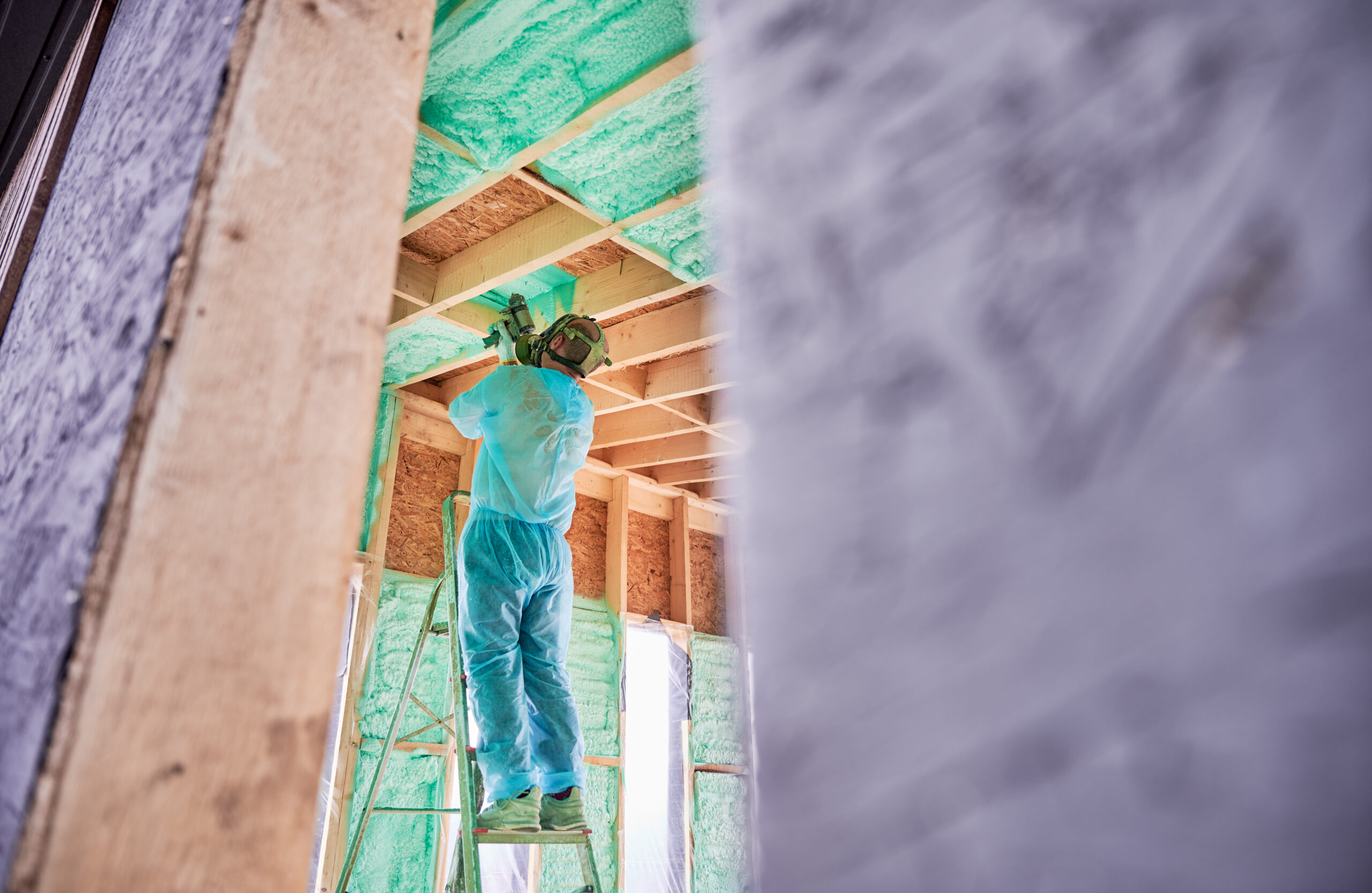
Insulation Durability Depends on More Than Just Time
Environment and Installation Matter
The insulation durability in your attic isn’t just about what material you used—it’s also about how and where it was installed. Ventilation, roofing condition, and even attic access usage can all shorten insulation life.
That’s why proper installation is critical. It’s not just about tossing some batts up there and calling it a day. Attic insulation needs to be layered, fitted, and protected to perform long-term.
How Brewster Roofing Helps You Get It Right
Let’s be real—insulation isn’t flashy. It doesn’t win awards for curb appeal. But it is one of the smartest investments you can make for your home.
At Brewster Roofing, we understand how insulation works alongside your roof, gutters, siding, and ventilation. We offer attic insulation inspections and replacement services that are built for real-world conditions—not just ideal scenarios.
Here’s how we make it easy:
- We inspect before we recommend. No pressure. Just a clear picture of what’s going on up there.
- We handle the messy stuff. Old insulation removal? Moisture mitigation? No problem.
- We install for the long haul. Our team uses high-performance materials that maximize both comfort and efficiency.
Most importantly, we don’t just fix a symptom—we solve the root problem. Whether your insulation is aging, damaged, or just wasn’t right from the start, we’ll help you get your home back to feeling comfortable year-round.
FAQs About Attic Insulation Lifespan
Is it worth replacing attic insulation?
Yes—especially if your current insulation is more than 15-20 years old, or you’re seeing signs like high energy bills and uneven temperatures. New insulation can pay for itself over time through reduced energy costs.
Can I add new insulation on top of old insulation?
Sometimes. If the existing insulation is dry, clean, and undamaged, adding a new layer can be effective. But if there’s mold, moisture, or pests involved, removal is often the safer option.
How often should attic insulation be checked?
Every 2–3 years is a good rule of thumb. Even if it’s not time for a full replacement, early detection of problems can save you major headaches (and money) down the road.
Let’s Get Your Attic Back on Track
Your attic might be out of sight, but it shouldn’t be out of mind. The right insulation helps keep your home efficient, comfortable, and protected—without you needing to think about it every season.
If you’re unsure about your attic insulation lifespan, seeing insulation replacement signs, or just want to boost attic energy efficiency in your Overland Park home, Brewster Roofing is here to help.
Call us today at (816) 779-7200 (Missouri) or (913) 915-5234 (Kansas), or email Customer@BrewsterGC.com to schedule your inspection.
Your attic deserves a little attention. Let’s make sure it’s doing its job.

